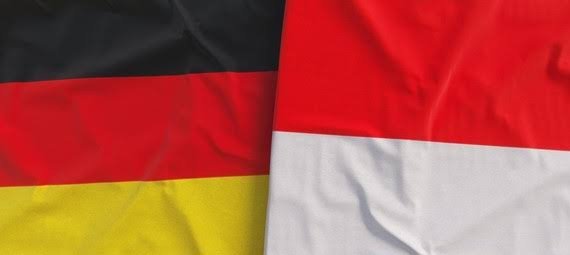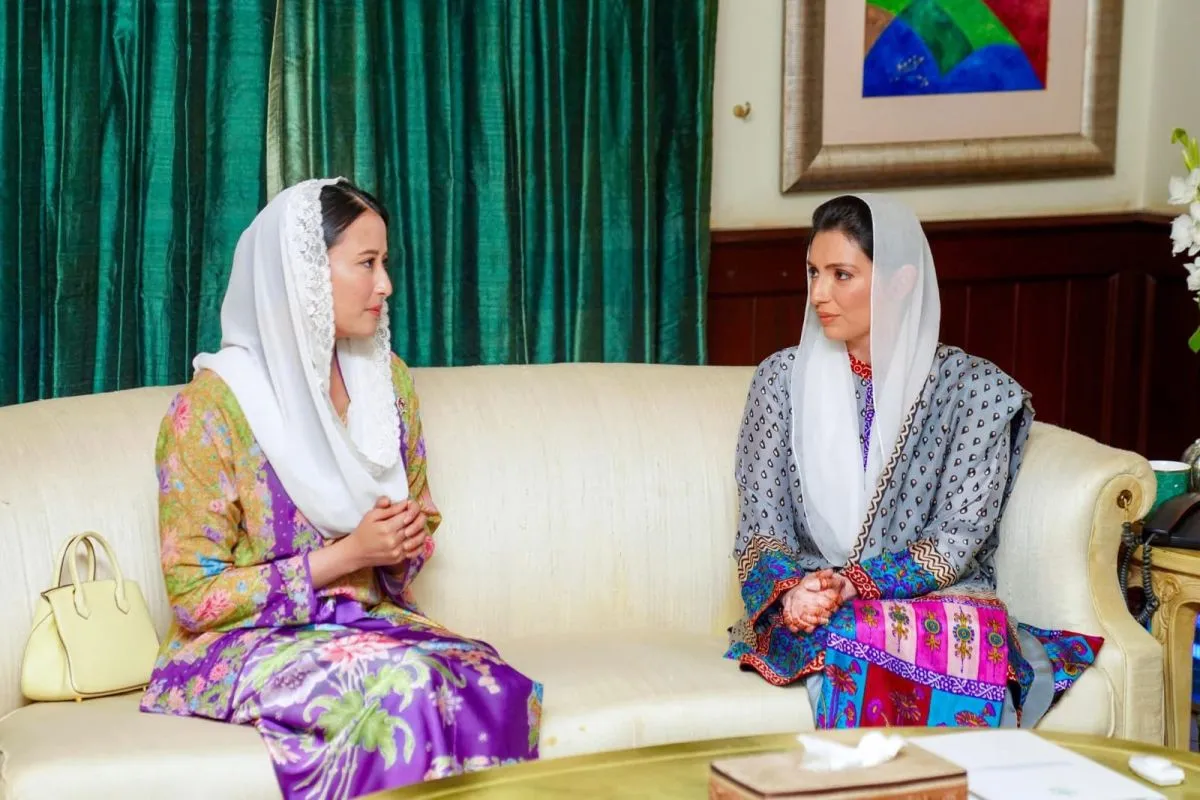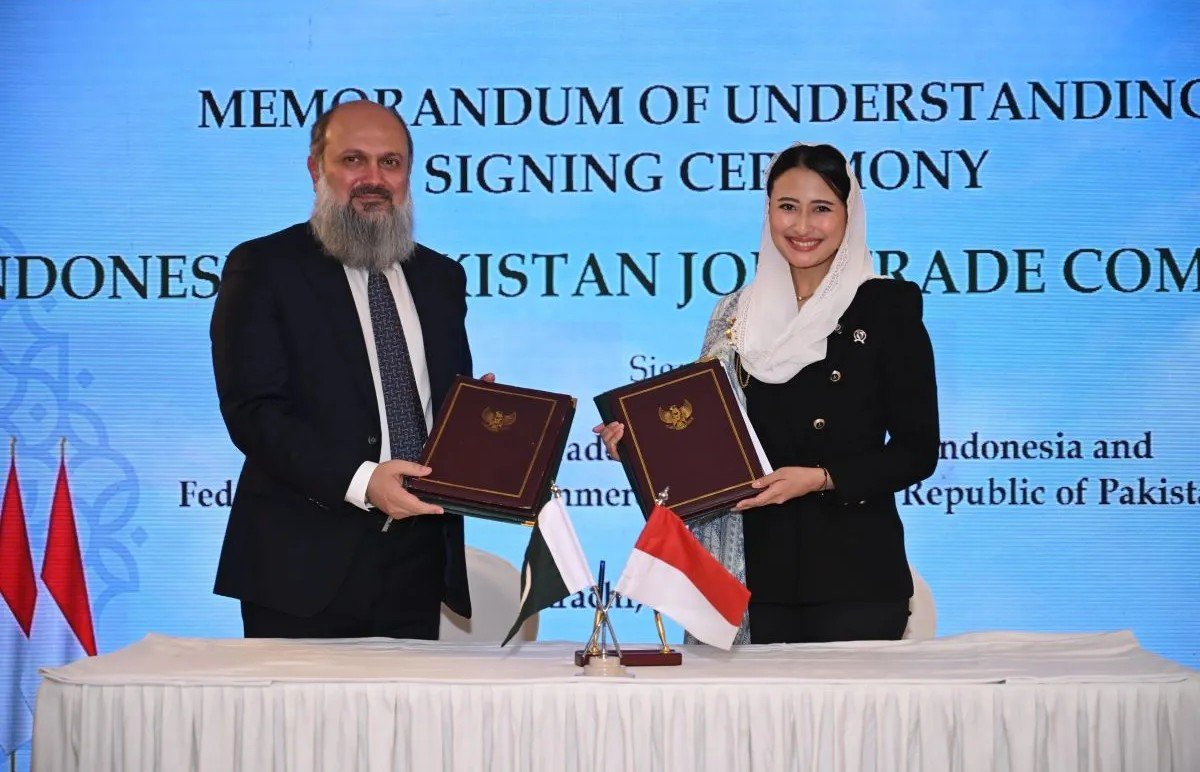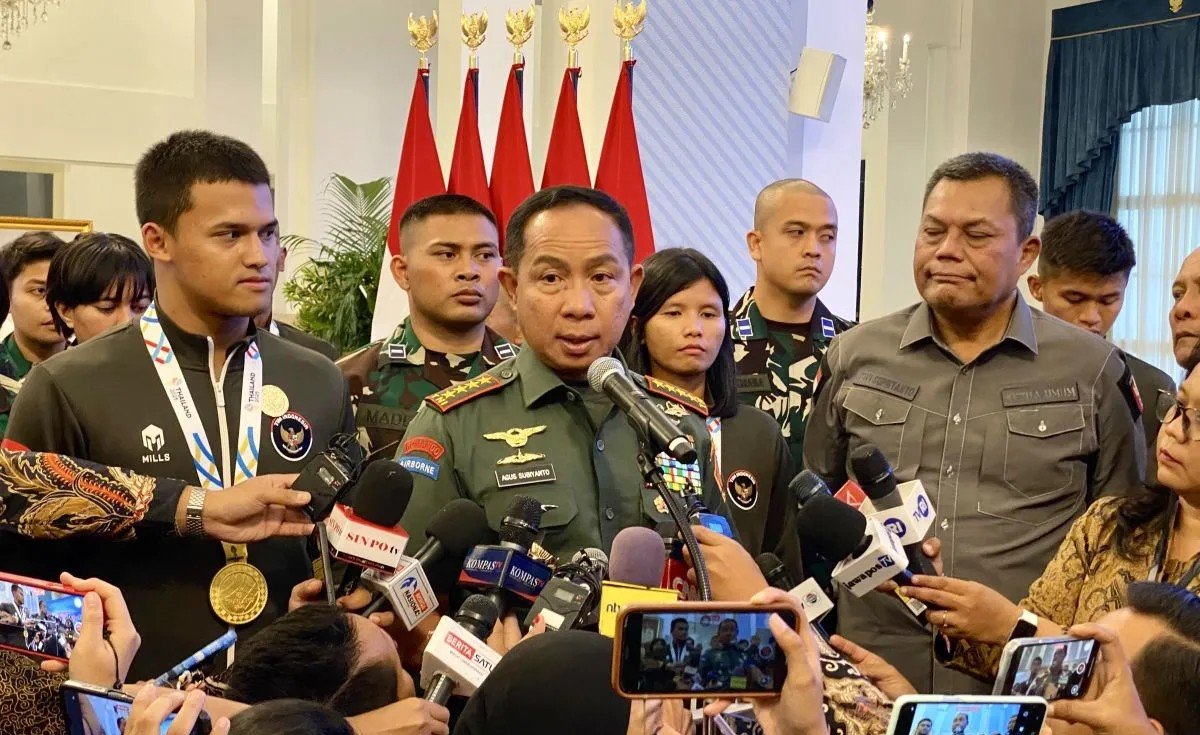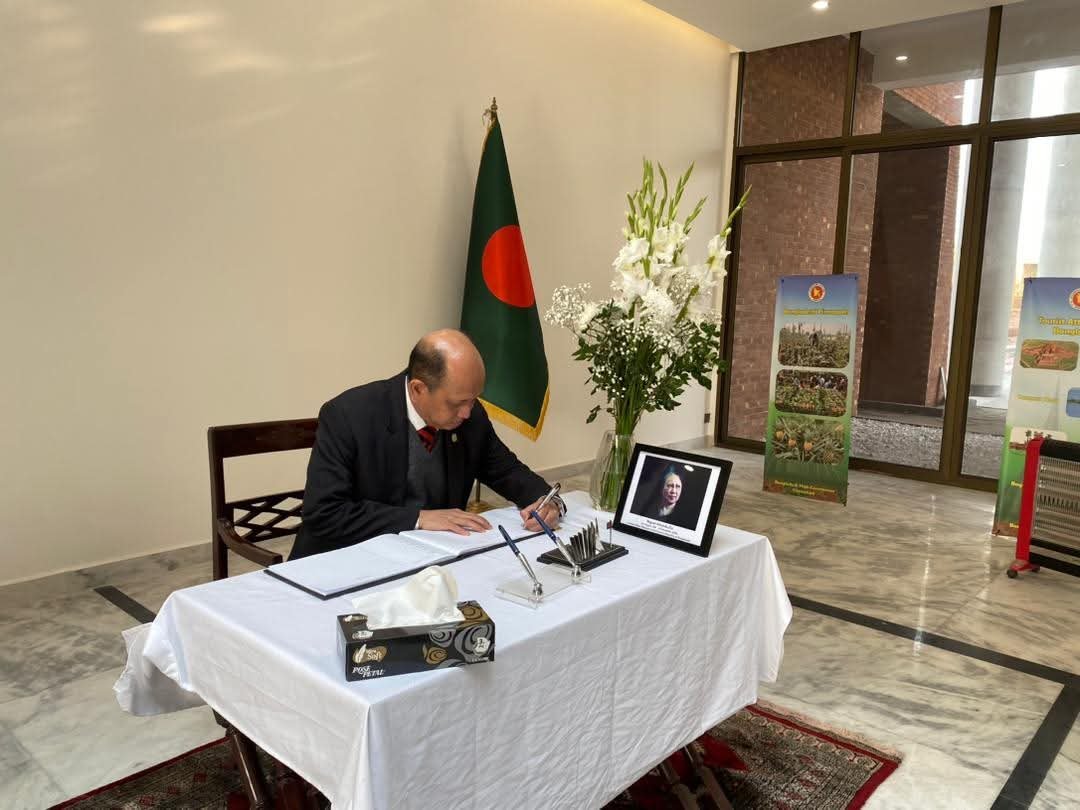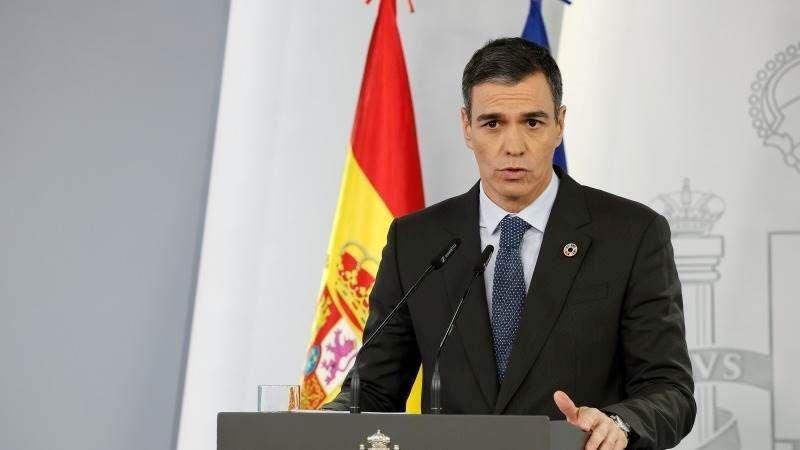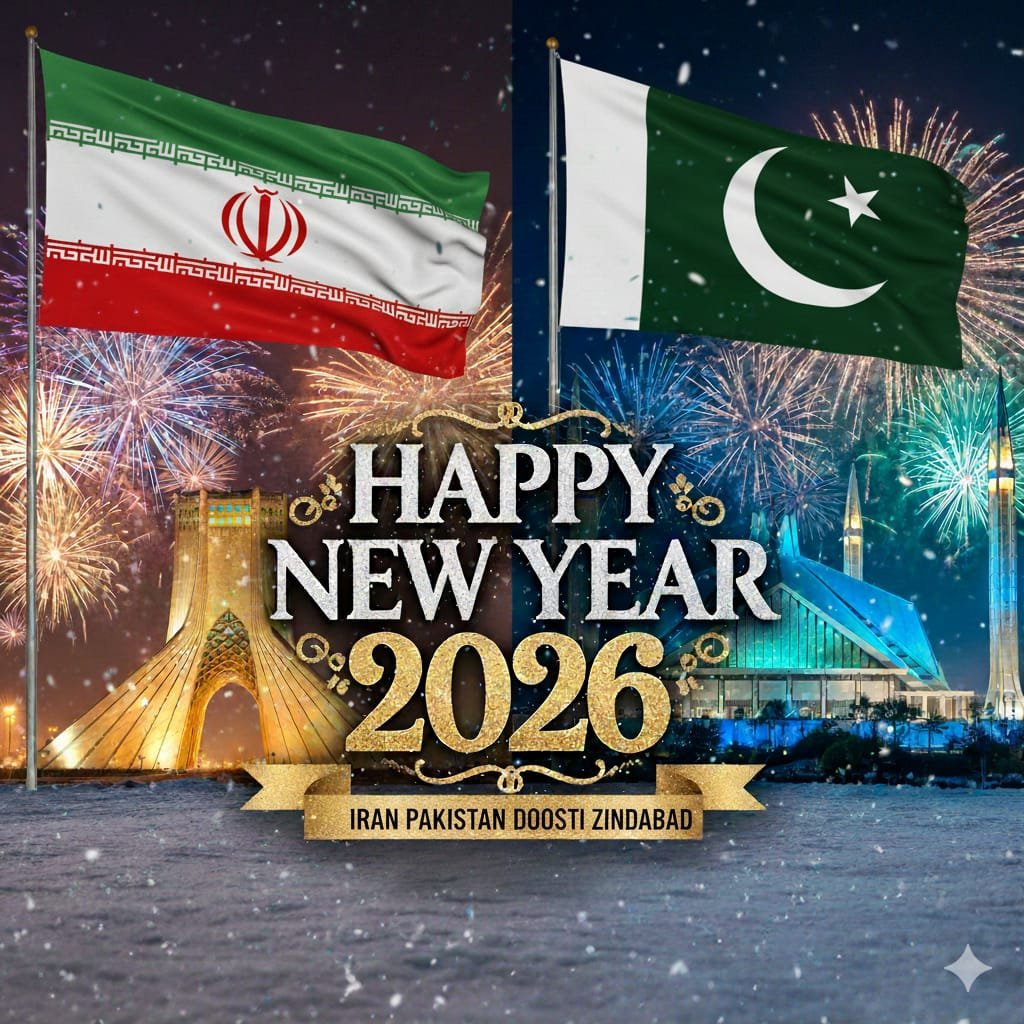Jakarta, October 5, 2024 – The Europe Today: The governments of Indonesia and Germany have successfully concluded negotiations on development cooperation, highlighting their shared commitment to sustainable development. Germany has pledged €56 million in grants to support Indonesia’s key technical and financial cooperation projects, further strengthening the long-standing partnership between the two nations, according to a statement from the German Embassy in Jakarta.
This latest commitment brings Germany’s total contribution to Indonesia’s development efforts to €431 million. Earlier this year, Germany provided a €300 million concessional loan for Indonesia’s energy transition and an additional €75 million for health initiatives via the Global Fund to Fight AIDS, Tuberculosis, and Malaria (GF-ATM).
The newly agreed funding focuses on critical areas aligned with Indonesia’s development priorities and Germany’s expertise, particularly in energy transition and environmental conservation. Germany is a key partner in Indonesia’s Just Energy Transition Partnership (JETP), launched at the G20 Leaders’ Summit in Bali, which aims to move Indonesia away from fossil fuels and embrace renewable energy for a sustainable future.
As part of the new funding package, €12 million will be directed toward two technical cooperation projects to support Indonesia’s shift to clean energy by enhancing capacity building and integrating renewable energy solutions. Additionally, Germany has pledged €20 million in results-based payments linked to Indonesia’s Forest and Other Land Use (FOLU) Net Sink 2030 target, along with contributions to sustainable landscape projects in West Kalimantan.
Germany is also unlocking a €60 million grant from the Green Climate Fund (GCF) to promote sustainable land use practices, enhance biodiversity, and improve the livelihoods of local communities. A further €7.8 million has been committed to protect and sustainably manage Indonesia’s carbon-rich forests, peatlands, and mangroves.
Beyond environmental initiatives, Indonesia and Germany have extended their cooperation to urban development. New funding of €8.85 million will support Indonesia’s efforts to build a circular economy, while €3 million will go towards improving public transportation through strategic reforms and capacity-building initiatives in select cities.
To boost Indonesia’s tax revenue, Germany will allocate €0.75 million for the implementation of digital tools.
This renewed partnership, ongoing since 1971, underscores the depth of Indonesia and Germany’s collaboration and stands as a model for international cooperation in addressing global challenges. The negotiations were led by Indonesia’s Ministry of National Development Planning (Bappenas) and Germany’s Federal Ministry for Economic Cooperation and Development (BMZ).
